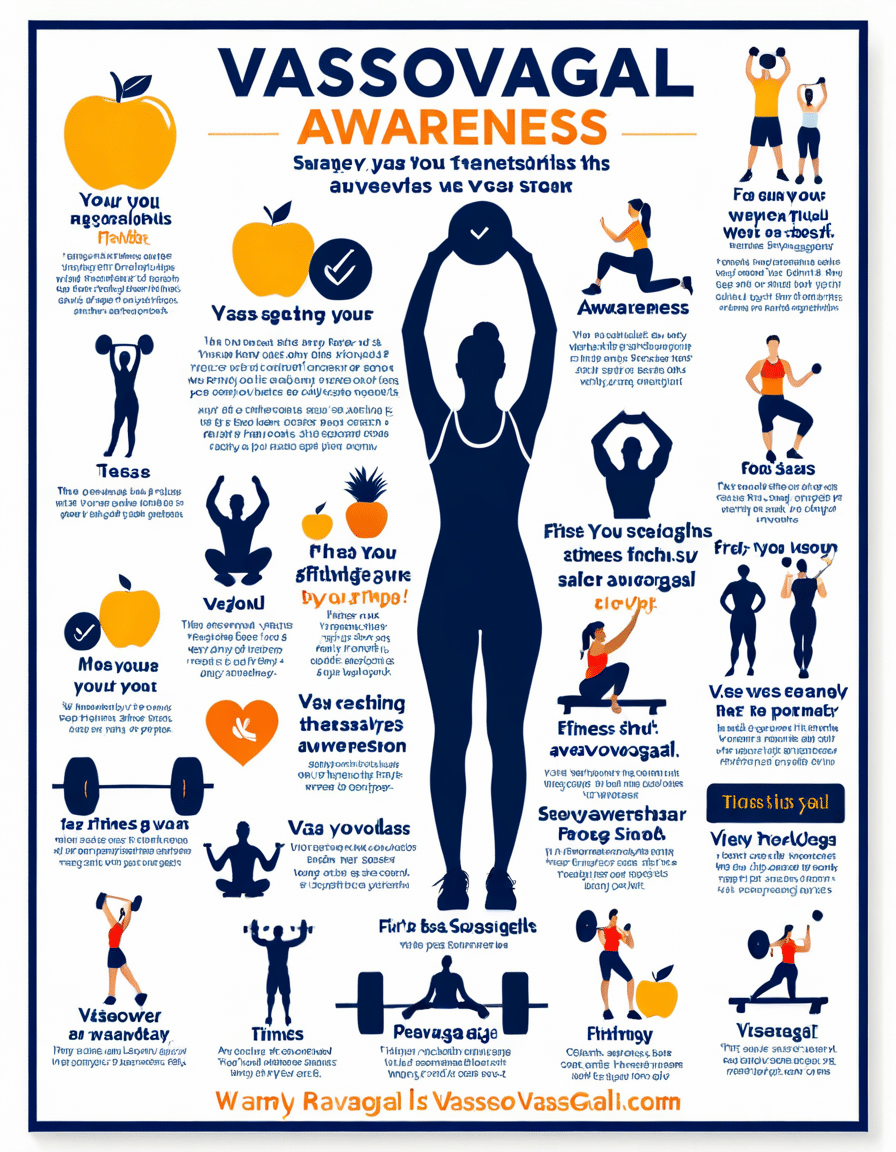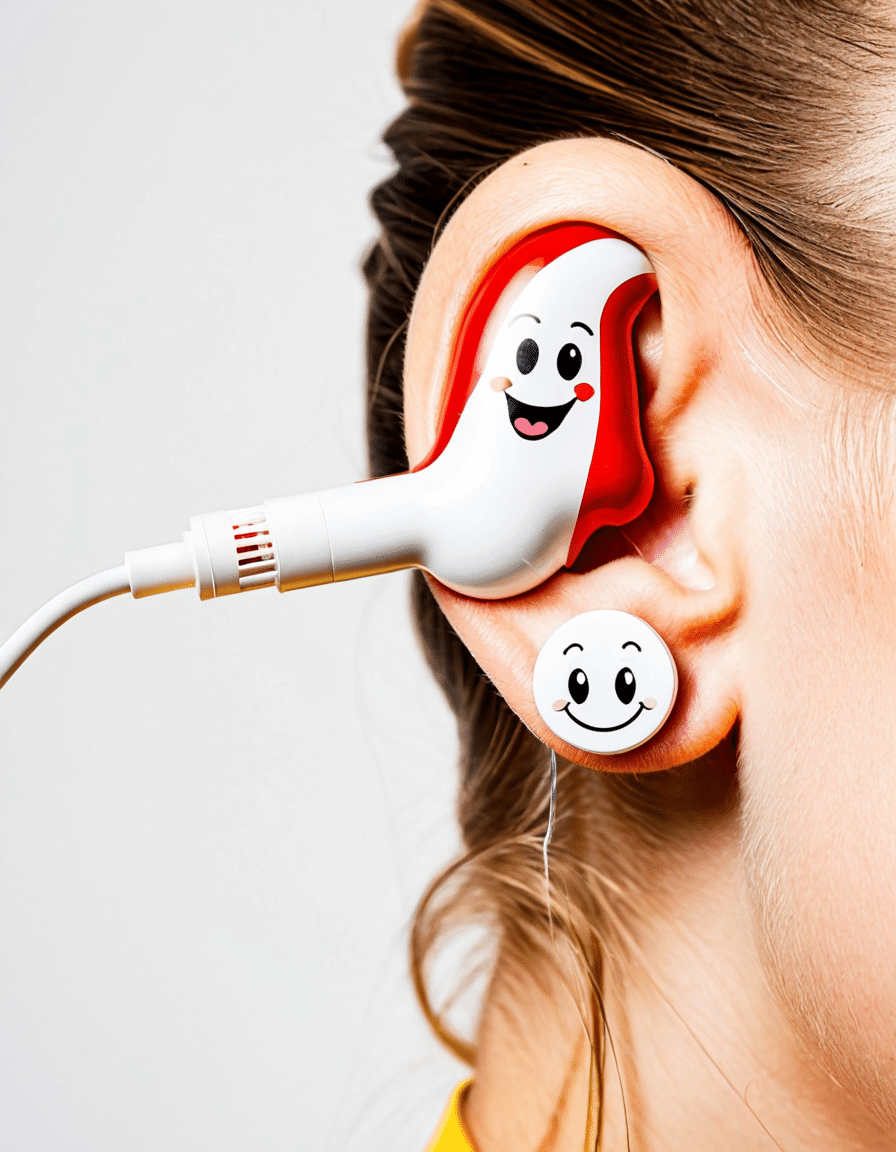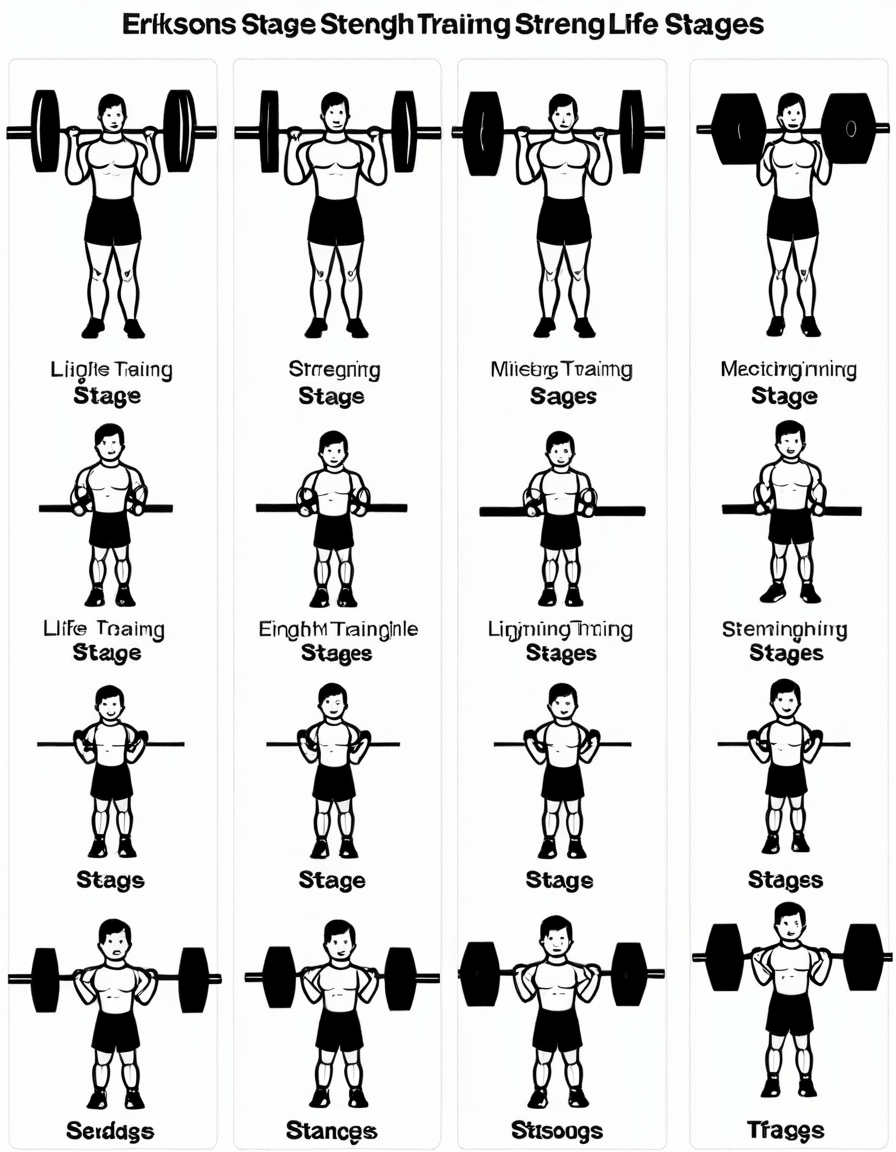When you think of training hard to get shredded, the last thing that crosses your mind is passing out during a workout or even at the gym. But vasovagal fainting—or as it’s known in medical terms, vasovagal syncope—could be lurking like a thief in the night, ready to catch you off guard. This common condition can strike unexpectedly, leading to fainting spells caused by a sudden drop in heart rate and blood pressure. It’s critical to get ahead of this condition. Understanding vasovagal fainting can make a significant difference in your fitness journey and help you maintain optimal performance while gaining tons of muscle and flaunting those ripped six-packs.
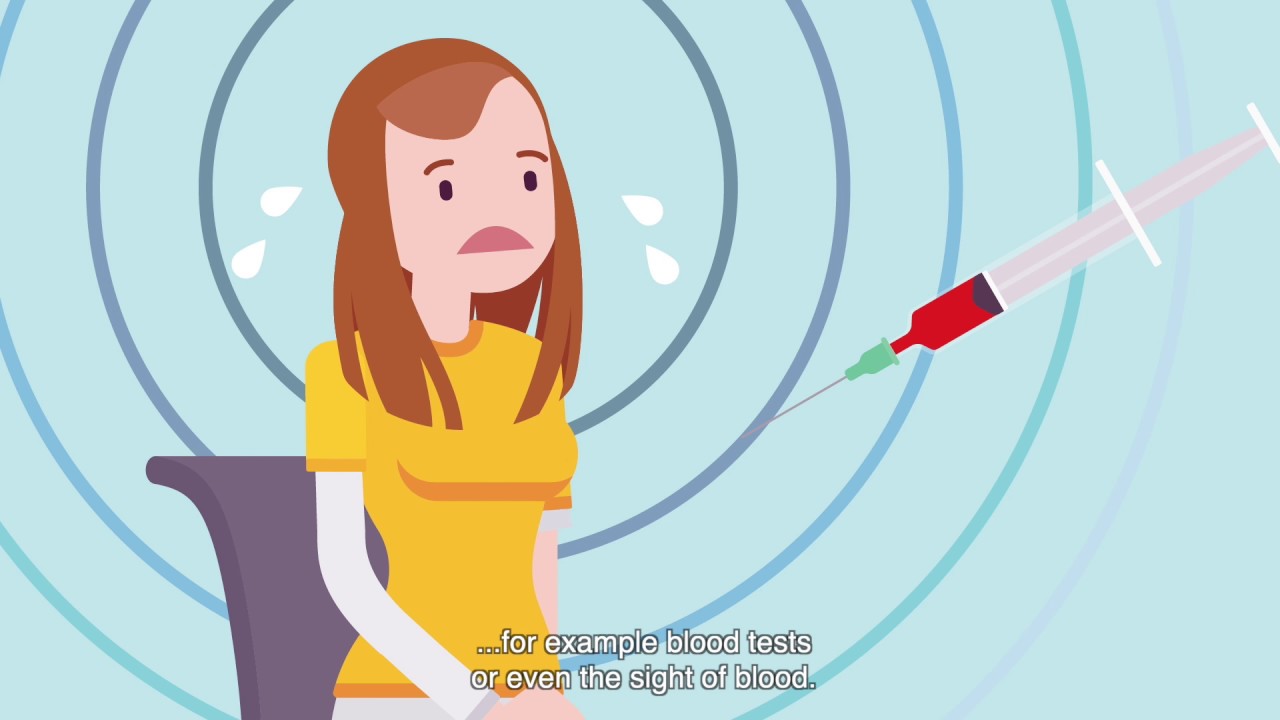
What Is Vasovagal Fainting?
When certain triggers hit, your body can play tricks on you. Vasovagal fainting occurs when the autonomic nervous system overreacts to various stimuli, like stress, pain, or even prolonged standing. Imagine you’re lifting heavy weights—suddenly, stress levels spike. Your heart rate plummets, blood vessels dilate, and, just like that, you might find yourself staring up at the ceiling instead of the barbell. Whether it happens in a packed gym or during a medical procedure, this reaction can hit hard and fast.
Recognizing that this condition can happen without much warning is vital. For dudes out there pushing their limits, fainting can be more than just embarrassing; it could lead to severe injuries or missed workouts. Understanding the haywire nature of vasovagal responses can be your first step towards overcoming potential risks and unleashing your inner beast.
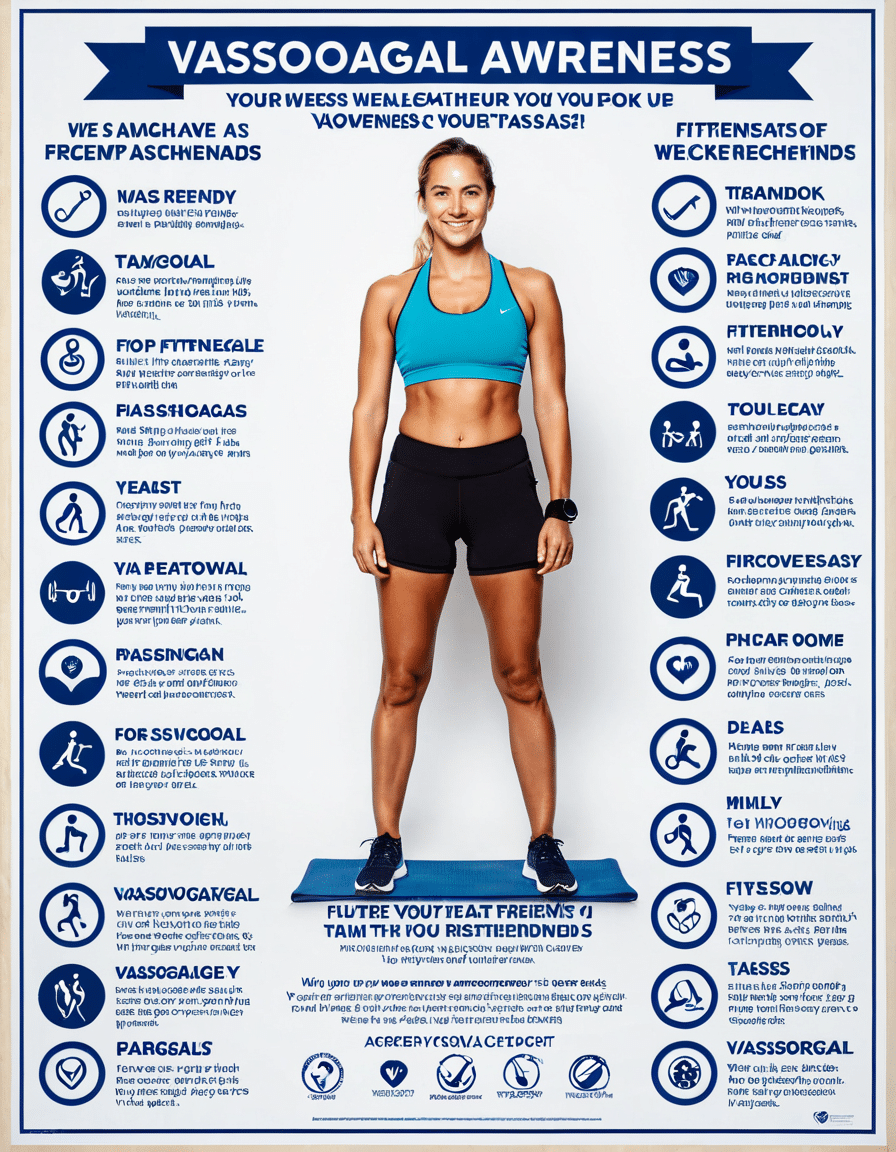
Top 7 Triggers for Vasovagal Fainting
Let’s hit the ground running! Knowing what can cause vasovagal fainting gives you the upper hand. Here are the top seven triggers you should keep your eyes peeled for:
Whether it’s the pressure of nailing a presentation or just an intense workout, emotional stress can trigger that fainting spell. Think about athletes who experience immense pressure—it’s not just their muscles that feel it; their hearts and minds do too.
How many of us have felt a twinge of pain during a workout? Sometimes that can be just enough. The anticipation or experience of acute pain, especially during vaccinations or injuries, can send your body into a panic mode leading to vasovagal responses.
If you’ve ever been on your feet for hours without a break, you know that feeling when the blood just pools in your legs. For teachers and retail workers, standing too long can mean unwelcome fainting spells.
Hot weather can make your body work overtime. If you’re hitting outdoor workouts in sweltering summer heat, you’re risking heat stress that lowers blood pressure and spells trouble. Athletes and outdoor enthusiasts are especially at risk during summer sports events.
A gore-fest flick might be fun for Halloween, but seeing blood, especially in real life, can make many people’s stomachs turn. Medical professionals might find themselves overcome by emotions in intense situations—imagine being there for a surgical procedure for the first time!
When you’re in the thick of training, staying hydrated can’t be an afterthought—more like a priority! Dehydration lowers blood pressure and can trigger those pesky fainting spells. It mostly applies to athletes, especially marathon runners, who have to be extra vigilant about hydration.
Conditions such as bradycardia or orthostatic hypotension heighten risks. If you have diabetes and are on medications like Basaglar, consistently monitoring blood pressure is imperative. Fluctuations here could lead to complicated situations concerning vasovagal responses.
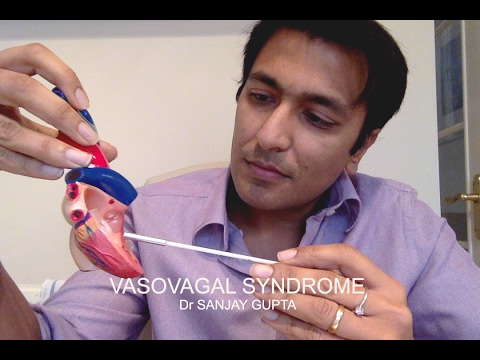
Diagnosing Vasovagal Syncope
So you suspect you’re a victim of vasovagal fainting—what’s next? Getting diagnosed involves a thorough evaluation from a healthcare professional. Usually, this means sitting down for a detailed medical history and perhaps going through some tests to rule out other potential causes of fainting, like heart conditions.
Health pros might offer tests like an electrocardiogram (ECG) or a tilt table test, which shifts your body position to see how your heart reacts. Simple awareness of your triggers is vital, since that knowledge not only helps in diagnostics but is crucial for effectively managing the condition.

Management Strategies for Vasovagal Fainting
There’s good news—while vasovagal fainting isn’t always avoidable, several management strategies can help you get a grip on it. Here’s how you can conquer fainting spells and stay on top of your fitness game:
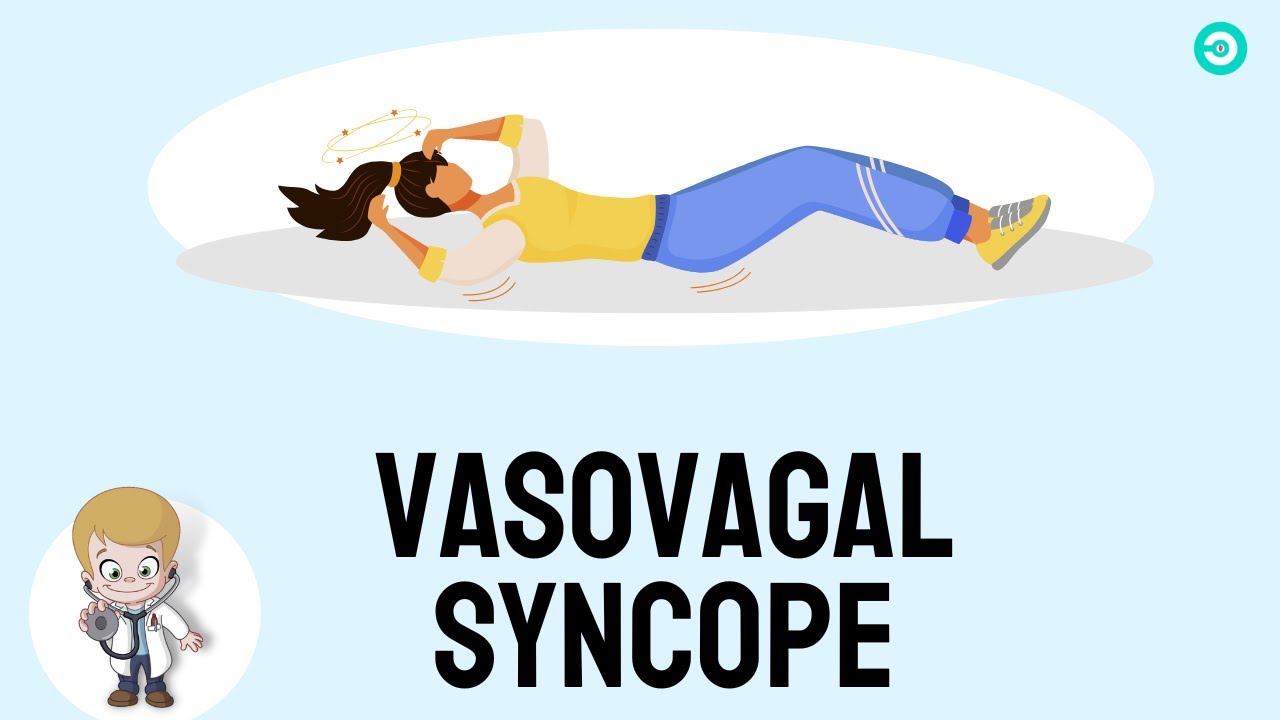
The Role of Basaglar: A Caution for Diabetics
For those out there managing diabetes, understanding how medications like Basaglar work is critical. This insulin brand can help regulate blood sugar levels, but it comes with its own set of challenges. Low blood sugar spikes can lead to fainting spells, knocking you off your feet when you least expect it.
If this sounds like you, make sure to regularly monitor your blood glucose levels and keep your hydration on point. Awareness is key, and by managing your condition, you’re laying down a solid framework for success both in and out of the gym.
Embracing Awareness and Education
Knowledge truly is power! Understanding vasovagal syncope is essential not only for those personally affected but also for friends and family. By grasping the triggers, effective management strategies, and special considerations for medications like Basaglar, you can transform a hidden danger into a manageable condition.
Living empowered starts with awareness. Taking proactive steps will not only help minimize health risks but also enable you to pursue an active life full of gains and achievements. Like the great Arnold Schwarzenegger says, “Strength does not come from winning; your struggles develop your strengths.” So, rise up, become educated, and smash those invisible barriers in your journey to a shredded and powerful physique!
If you’re ready to dig deep and crush your goals, remember there are no limits. Embrace your potential! And to dive into even more topics on health and fitness, check out features on powerful compounds like Sulforaphane and insights into hydration for performance. Stay informed, stay strong!
Vasovagal: The Hidden Danger You Should Know
What’s the Deal with Vasovagal Fainting?
Ever felt lightheaded after standing too fast or during a stressful situation? What you might be experiencing is vasovagal syncope, a fancy term for that fainting spell you’ve heard about! This phenomenon happens when your body overreacts to certain triggers like stress, pain, or standing for too long. The vagus nerve gets all worked up, causing a sudden drop in heart rate and blood pressure. Before you know it, you’re on the floor! Interestingly, this reaction isn’t just about fainting; it’s part of a broader fight-or-flight response. Most cultures have myths and legends tied to states of consciousness—like those good ol’ classic Shounen anime that have epic battles, yet those characters don’t tend to faint. Just goes to highlight human resilience amidst challenges!
Fun Facts About Vasovagal Response
Did you know that vasovagal syncope is quite common? It strikes about 3% of the population, particularly teens and young adults. The fear of needles is a notorious trigger—think about it! Who hasn’t heard someone say they’d rather donate plasma than face a needle? Actually, speaking of plasma, How much do You get For Donating plasma can vary by location, but many people are willing to take that stroll to the clinic even knowing they might have a fainting spell! Another surprising trivia nugget: people with low blood pressure can be more prone to these episodes. Just like how you don’t want to laugh too hard while reading about the Michael Jackson autopsy, it’s best not to push your limits with triggers related to vasovagal responses.
How to Manage Vasovagal Fainting
If you’re prone to these fainting spells, know that you’re not alone and can manage it! One great tip is to ensure you stay hydrated and nourished. Incorporating foods like Egusi can really help your overall nutrition, but it’s also important to stay alert to your body’s signals. If you feel faint, use techniques like lying down or elevating your legs. Plus, don’t be shy about seeking support—sharing your experiences can make a world of difference. After all, navigating life while feeling faint can be as trippy as the thrill of the Kyle Larson indy 500 race; a massive adrenaline rush but sometimes leaves you breathless! So, listen to your body, keep calm, and you’ll speed through your day-to-day without too many hiccups!
